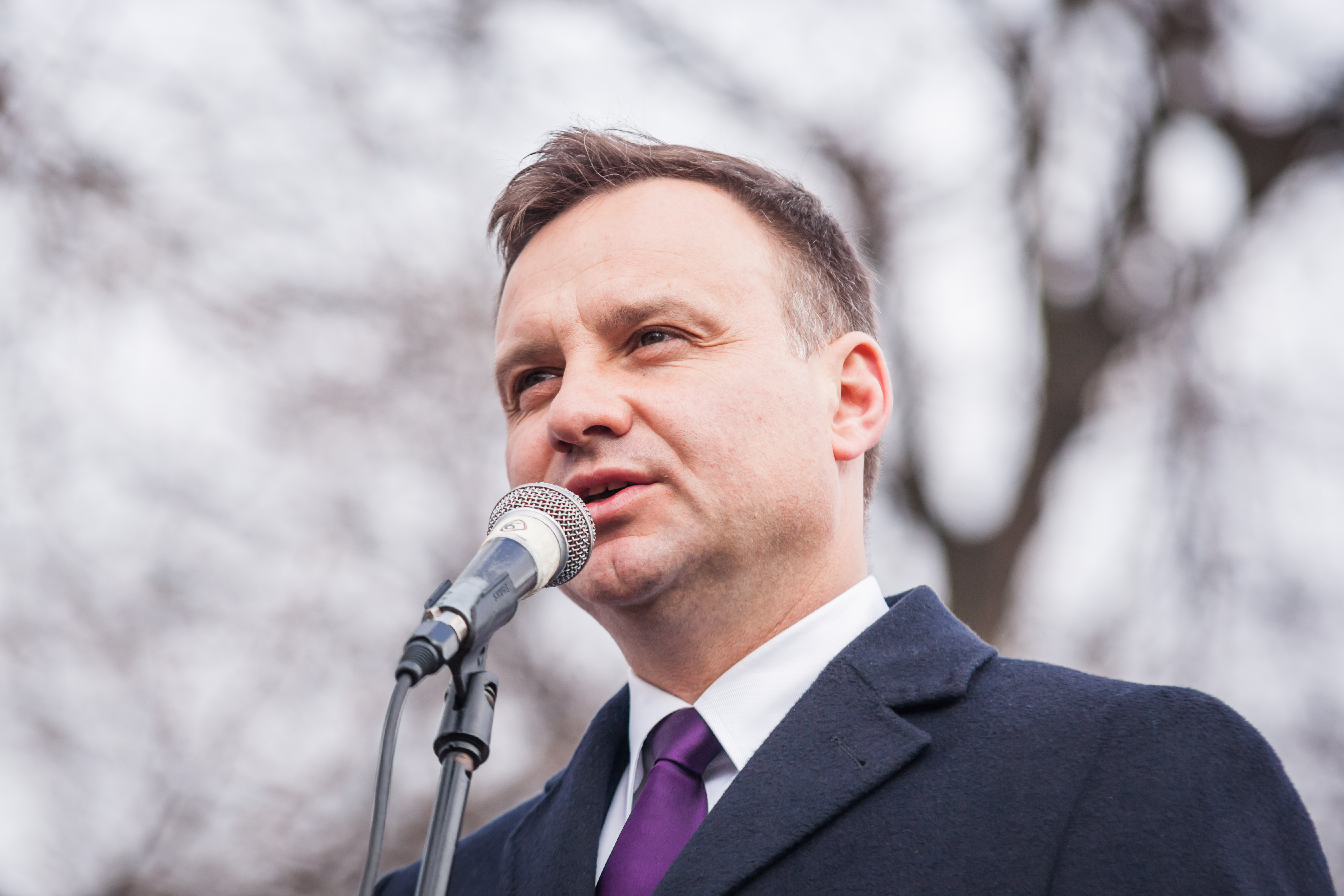By Modeste Schwartz.
Romania – On Saturday afternoon, September 23, Liviu Dragnea, chairman of the Romanian PSD (Social-Democratic Party), and therefore the majority controlling the government in Bucharest, reported on his official Facebook page that he had a telephone conversation with his de facto Hungarian counterpart, Viktor Orbán. Romania and Hungary have experienced a diplomatic flare-up following the court-ordered closure of a Roman-Catholic high school belonging to the Hungarian minority in the Transylvanian town of Târgu-Mureş (Hungarian: Marosvásárhely).
He summarizes the content of this conversation in two points:
1. “We will solve the problem with the Catholic high school in Târgu-Mureş.”
2. “Hungary will again grant support for Romania’s accession to the Organization for Economic Cooperation and Development.”
The commentary to this summary is no less interesting; we translate here the beginning:
“I explained that the situation of Târgu-Mureş came up following a court ruling and doesn’t represent an attack against the Catholic church or the Hungarian minority [the Hungarian-speaking minority in Romania], but it is the obligation of Romanian authorities to find a legal and sustainable solution. I promised him we would find this solution.”
This conversation and the publication of its contents illuminate more than one aspect of the current politico-diplomatic game being played between Budapest and the various powers – more or less domestic – that comprise the Romanian institutions.
By dissociating himself almost explicitly from the Romanian Prosecutor’s Office (the very dreaded NAD, which had accused the former director of the Hungarian-speaking high school of having founded it illegally), L. Dragnea confirms the suspicion of those who saw the action of the NAD – notoriously under Western influence – as a maneuver aimed at poisoning Romanian-Hungarian relations, which had shown to be warming following various initiatives by MM. Kövér and Szijjártó (on the Hungarian side) and Mr Tăriceanu (on the Romanian side), all aiming for a rapprochement between Romania and the Visegrád Group.
Whatever the case, it is now clear that within Romanian institutions those who continue to play upon inter-ethnic tensions are not the men of the parliamentary majority of L. Dragnea – despite their solid reputation of political archaism, as magnified on a daily basis by Western influence agents in Romania and abroad – but those of President Johannis (who for two years has been making anti-Hungarian gestures, despite his own ethnic minority origins) and of his objective allies within the PSD (the fraction of supporters of V. Ponta, recently defeated by a motion of censure initiated by Dragnea). This analysis, if it were to be confirmed, casts a spotlight on the duplicity of the Romanian Westernist camp, which on the one hand systematically builds its anti-national discourse (through, notably, its innumerable NGOs) on the cult of minorities (including ethnic – such as the Hungarian minority), but does not hesitate (through institutions such as the NAD, an institution flagrantly in service to Washington and Brussels/Berlin) to throw gas on the fire of inter-ethnic tensions whenever Western Realpolitik (in this case: the fear of an increasing integration of Romania into a Central Europe under the Visegrád flag) requires it.
Perhaps even more interesting than the conclusions derived from the content of the telephone conversation are those that can be drawn from the immediate publication of this content on the Facebook page of the PSD chairman. By posting this text, L. Dragnea fully understood that he would be exposing himself to the retaliation of Romanian ethnic nationalists, including those within his own party (where they are often also agents put in place by the Romanian Intelligence Service – blatantly in the service of Western powers) – which, in the comments of his page, was not long in coming. He has therefore most consciously chosen to sacrifice his relations with this sector of public opinion, which anyway seems to be rather a trifle in his polling numbers. (so far a little behind the very pro-Visegrád one of his minority coalition partner CP Tăriceanu, head of a small right-wing “patriot” party).




